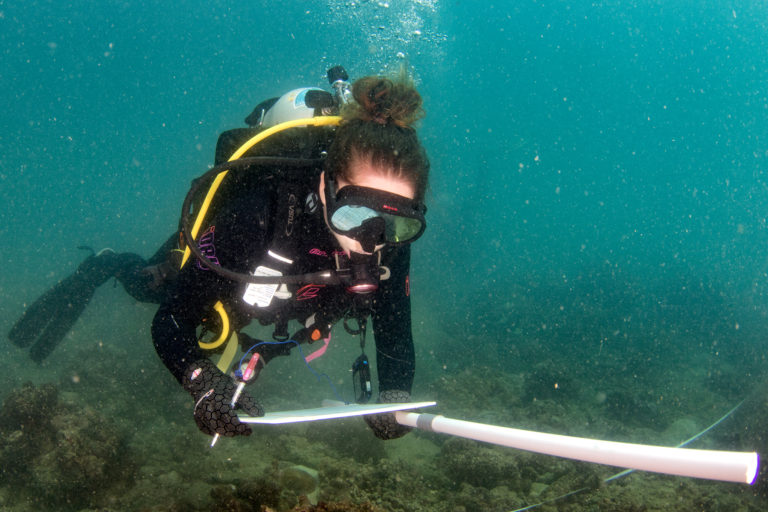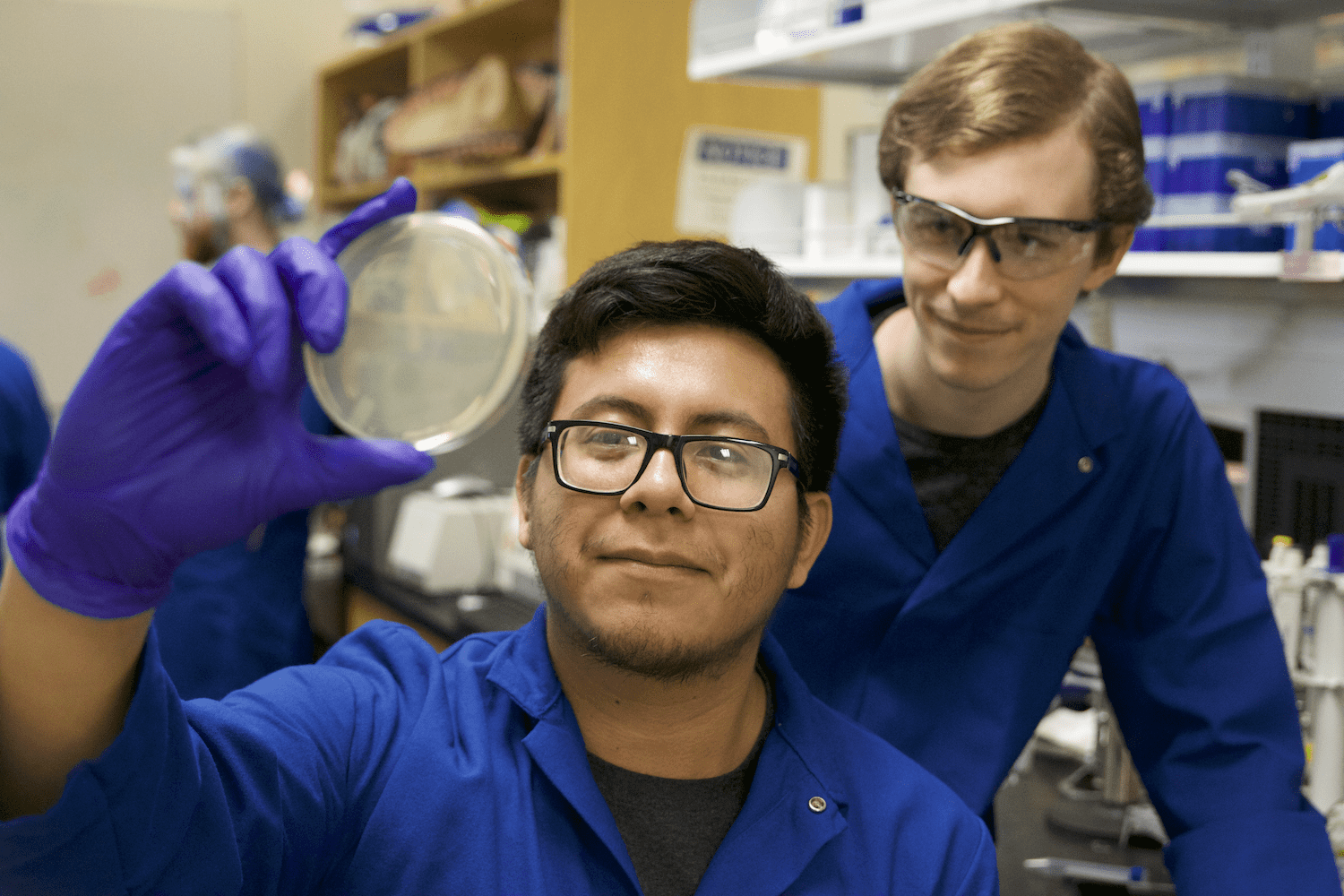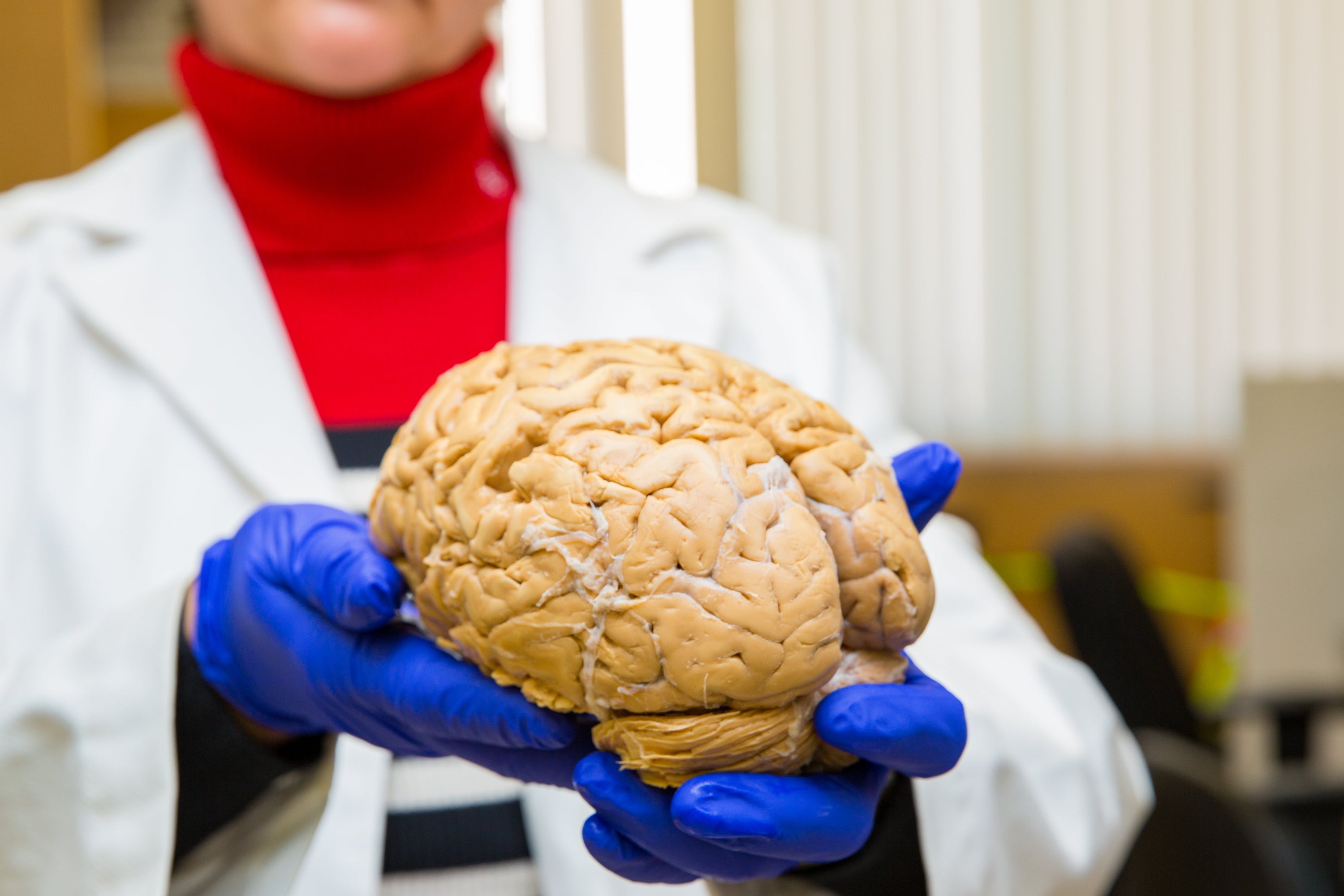The UC Irvine Charlie Dunlop School of Biological Sciences has four departments to reflect different concepts of MIND | BODY |WORLD within the Biological Sciences. Each department ranks in the top 20 percent or higher of national institutions according to National Research Council data.

Developmental and Cell Biology
The Developmental and Cell Biology department seeks discoveries that foster a better understanding of many biological questions such as the origins of cancer development, cell repair and regrowth, and developmental disorders. Our diverse groups of researchers expose students to everything from the basic biology of stem cells to central nervous system injury and stroke, diabetes and the use of stem cell-based screens to identify novel drugs targeting cell proliferation and differentiation

Ecology and Evolutionary Biology
Ecology and evolutionary biology deals with the establishment of adaptations over evolutionary time and with the organismal function in ecological time. Faculty in the Department of Ecology and Evolutionary Biology study questions pertinent at a variety of levels of biological organization, from molecular aspects of evolution, to organismal structure and performance, to the ecology of ocean ecosystems.

Molecular Biology and Biochemistry
The core discipline of Molecular Biology and Biochemistry is the understanding of the molecular mechanisms that underlie all fundamental biological processes. To that end the faculty of the Department of Molecular Biology and Biochemistry represent diverse research interests that include structure and synthesis of proteins and nucleic acids, gene organization and regulation, cell signaling, immunology and host pathogen interactions, biochemical genetics, cell and developmental biology, microbiology and virology.

Neurobiology and Behavior
The department of Neurobiology and Behavior was the first neuroscience department in the world, established in 1964, five years before the formation of the Society for Neuroscience. Our researchers make discoveries related to Alzheimer’s disease and addiction, the computational brain, which involves studies of learning and memory, and the social/artistic brain with researchers using advanced imaging techniques to unlock the mysteries of our minds.
Learn More About Our Department’s Discoveries with the Dean’s Report
This year’s Dean’s Report is focused on our home state of California. We hope to call attention to some of the work being done by faculty at the School of Biological Sciences that has a direct impact on the state’s residents and ecosystems, from climate change to diabetes research and much more.

